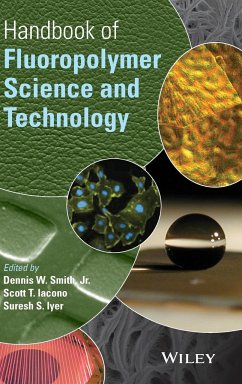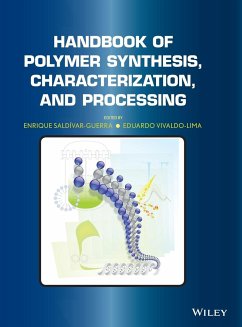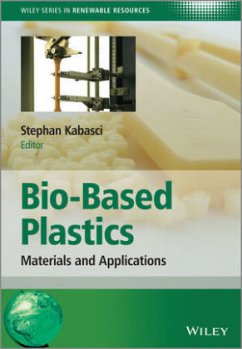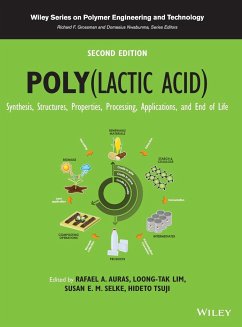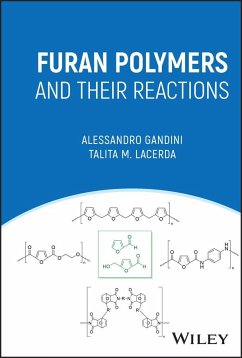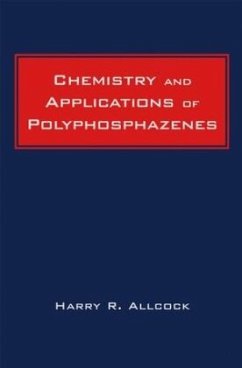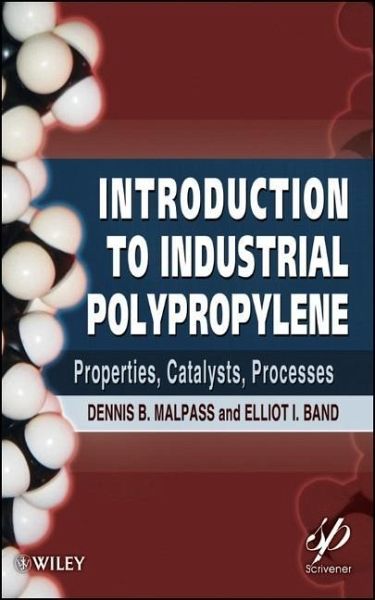
Introduction to Industrial Polypropylene
Properties, Catalysts Processes
Versandkostenfrei!
Versandfertig in über 4 Wochen
139,99 €
inkl. MwSt.
Weitere Ausgaben:

PAYBACK Punkte
70 °P sammeln!
This book provides chemists, engineers and students an introduction to the essentials of industrial polypropylene--what it is, how it's made and fabricated, the markets it serves and its environmental fate.
This introductory text is an important resource for new engineers, chemists, students, and chemical industry personnel to understand the technical aspects of polypropylene which is the 2nd largest synthetics polymer in manufactured output.
The book considers the following topics:
What are the principal types of polypropylene and how do they differ?
What catalysts are used to produce polypropylene and how do they function?
What is the role of cocatalysts and how have they evolved over the years?
How are industrial polypropylene catalysts tested and the resultant polymer evaluated?
What processes are used in the manufacture of polypropylene?
What are the biopolymer alternatives to polypropylene?
What companies are the major industrial manufacturers of polypropylene?
What is the environmental fate of polypropylene?
The book considers the following topics:
What are the principal types of polypropylene and how do they differ?
What catalysts are used to produce polypropylene and how do they function?
What is the role of cocatalysts and how have they evolved over the years?
How are industrial polypropylene catalysts tested and the resultant polymer evaluated?
What processes are used in the manufacture of polypropylene?
What are the biopolymer alternatives to polypropylene?
What companies are the major industrial manufacturers of polypropylene?
What is the environmental fate of polypropylene?




